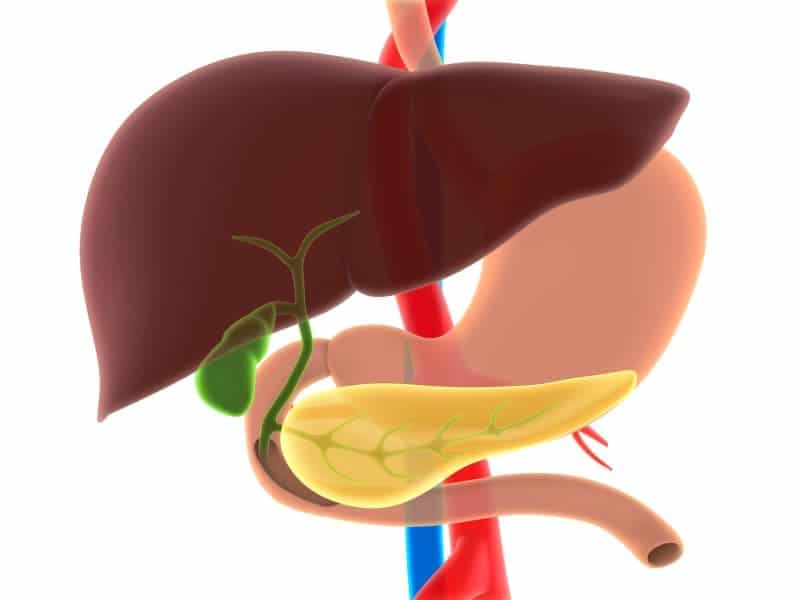Cancer and neoplasms
Assessing Yield, Harms, and Outcomes of Pancreatic Cancer Screening in At-Risk Individuals
The following is a summary of “Pancreatic Cancer Screening for At-Risk Individuals (Pancreas Scan Study): Yield, Harms, and Outcomes From a Prospective Multicenter Study,” published in the September 2023 issue of Gastroenterology by Shah, et al.
Pancreatic cancer screening is recommended for individuals at high genetic risk, but the effectiveness and potential harms have not been well-established. For a prospective, multicenter study conducted between 2020 and 2022, researchers aimed to assess the yield, harms, and outcomes of pancreatic cancer screening in high-risk individuals.
They enrolled high-risk individuals undergoing pancreatic cancer screening at five medical centers. Pancreatic findings were categorized as low-risk (indicating fatty or chronic pancreatitis-like changes), intermediate-risk (including neuroendocrine tumors [NETs] less than 2 cm or branch-duct intraductal papillary mucinous neoplasms [IPMNs]), or high-risk lesions (comprising high-grade pancreatic intraepithelial neoplasia/dysplasia, main-duct IPMNs, NETs larger than 2 cm, or pancreatic cancer). Harms related to screening encompassed adverse events during screening or low-yield pancreatic surgeries. Screening involved annual examinations with endoscopic ultrasound and magnetic resonance cholangiopancreatography. Additionally, they conducted annual screenings for new-onset diabetes using fasting blood sugar tests.
A total of 252 patients participated in the pancreatic cancer screening study. The mean age was 59.9 years, with 69% of participants being female and 79.4% being of White ethnicity. Common indications for screening included BRCA1/2 mutations (36.9%), familial pancreatic cancer syndrome history (31.7%), ataxia telangiectasia mutated mutations (3.5%), Lynch syndrome (6.7%), Peutz-Jeghers syndrome (4.3%), and familial atypical multiple mole melanoma (3.5%). Low-risk lesions were identified in 23.4% of cases, while intermediate-risk lesions were found in 31.7%, primarily branch-duct IPMNs without worrisome features. High-risk lesions were detected in only 0.8% of patients, resulting in two diagnoses of pancreatic cancer at stages T2N1M0 and T2N1M1. Prediabetes was noted in 18.2% of patients, with new-onset diabetes observed in 1.7%. Abnormal fasting blood sugar was not linked to pancreatic lesions. No adverse events were associated with the screening tests, and no patients underwent low-yield pancreatic surgeries.
Pancreatic cancer screening in high-risk individuals revealed a lower frequency of high-risk lesions than previously reported, with no observed harm from the screening process.
Source: journals.lww.com/ajg/abstract/2023/09000/pancreatic_cancer_screening_for_at_risk.26.aspx

